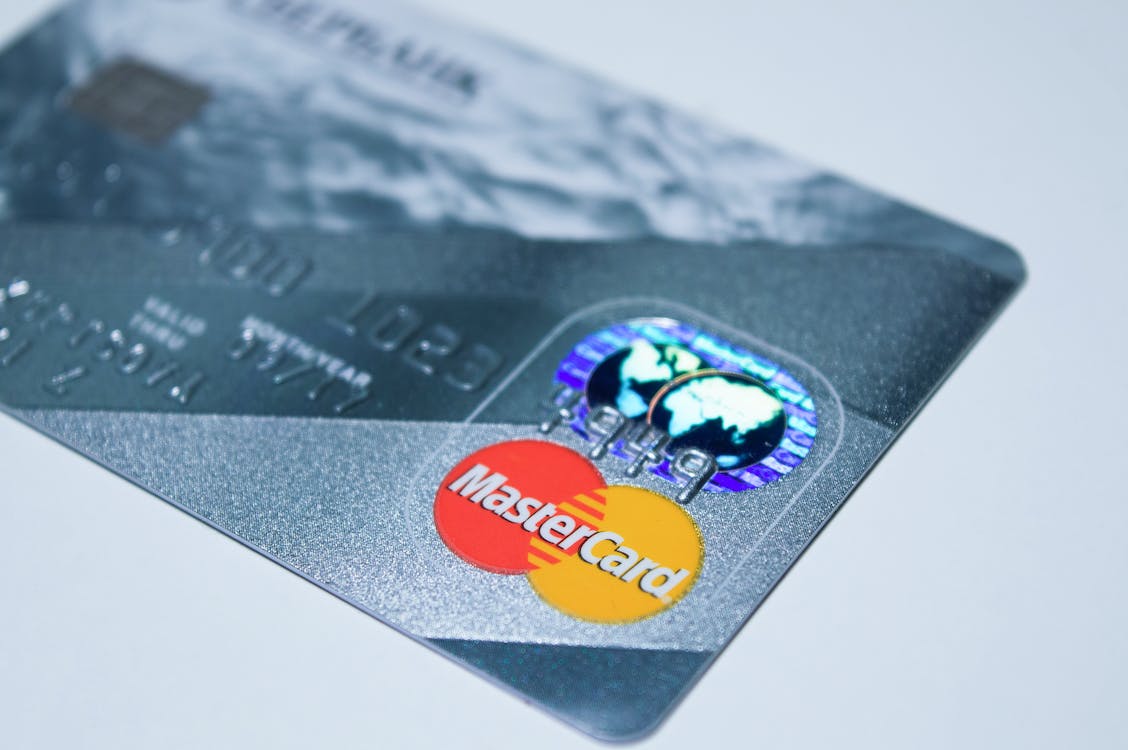A consumer statement is an area on a credit report that allows the consumer to make a comment about negative items on his or her credit report. Mandated under the Fair Credit Reporting Act, the credit reporting agencies are obligated to supply consumer statements to anyone requesting the consumer’s credit report. Consumer statements should only be issued after all other avenues of resolution have been undertaken with no success. Great care must be taken in writing and submitting a consumer statement, since it will go on a credit report exactly as it is submitted, and the consumer will be legally bound by the statement. A consumer statement may offer an explanation for a period of credit troubles, address a specific blemish, or give details regarding an unresolved dispute.
Examples of a Consumer Statement:
- In 2005, I relocated from Nevada to New York, and mistakenly underpaid final billing for utility XYZ in the amount of $2.23. Unfortunately, this oversight went unnoticed by me until recently, and upon discovery of the charge off, I immediately paid the outstanding amount, as noted on the account.
- I have disputed the unpaid credit account from ChargeCompany XYZ, and have notified the company several times, that this account is not mine. This account has been attached to my credit file in error, but ChargeCompany XYZ refuses to remove it, despite the fact that I have provided proof of age, indicating I was only 10 years old when this account was opened. I request all creditors take notice of my date of birth, as well as the account opening date to verify this information.
- On January 25, 2007, I was laid off from my job at XYZ Manufacturing, due to company downsizing, and subsequently fell behind on payments to creditors. On June 17, 2007, I found new employment at ACB Company and immediately set about catching up on overdue bills. I feel the status of accounts during my unemployment does not accurately reflect my creditworthiness; it was simply a matter of circumstance from losing my job. At all other times, before and after the lay- off, I have consistently maintained good payment habits and good credit history.
- I dispute the charge off for Company ACB as the item purchased was a mirror, which arrived broken and unusable. The delivery driver noted on the bill of lading that the box was crushed and contents were rattling. I discussed this several times with Company ACB, who refused to replace the item and demanded full payment. I refused to pay for broken merchandise.
Victims of identity theft are encouraged to submit a consumer statement for their credit file to all three major bureaus. It is also recommended for victims of natural disasters, such as hurricanes, or individuals who have suffered under circumstances beyond their control. Noting these events in a credit report advises creditors of individual circumstances that caused negative items to appear on a report.
Unfortunately, many creditors, such as those issuing merchant credit cards, do not review full credit reports, but rely solely on credit scores when determining credit. However, large creditors, such as mortgage companies and banks, will review complete credit reports and take note of consumer statements. Most consumer statements are limited to 100 words are less, and the three major reporting agencies, Experian, TransUnion and Equifax will remove the statement after two to three years.

